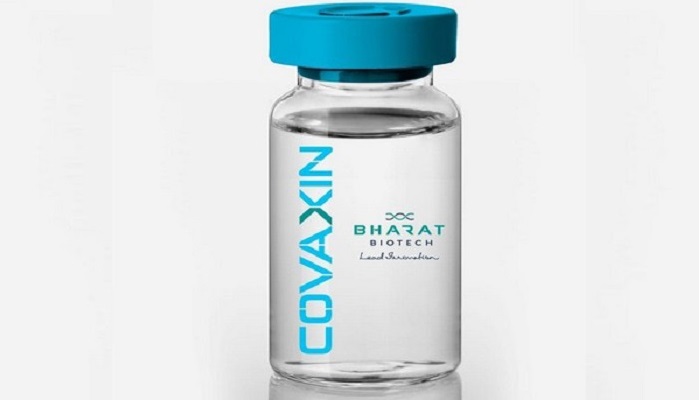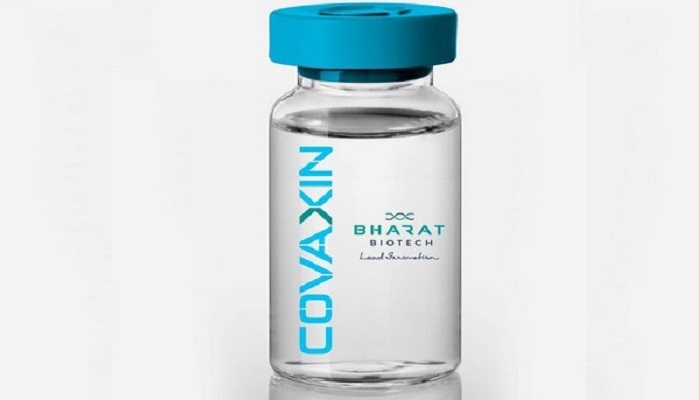

Muscat: People in India and other countries who have been vaccinated against COVID-19 with the Covaxin jab can now travel to Oman without the requirement for quarantine on arrival.
The development comes after the government of the Sultanate of Oman approved Covaxin as an accepted vaccination against the coronavirus.
“All passengers from India who have received two doses of Covaxin at least 14 days before the estimated arrival date will now be able to travel to Oman without the requirement of quarantine,” said a statement from the Embassy of India in Muscat.
“All other COVID-19 related requirements/conditions, such as pre-arrival RT-PCR tests, shall be applicable for such passengers,” added the embassy.
The acceptance of Covaxin as an approved COVID jab will significantly ease travel to Oman for Indian and other nationals who have been administered the vaccine. Passengers who have been injected with AstraZeneca – Covishield jabs are already permitted to come to Oman without quarantine.
The Embassy of India in Muscat conveyed its gratitude to the Omani government for their cooperation in getting Covaxin approved.
This latest development means there are now nine approved COVID vaccinations in Oman: Pfizer/BioNTech, the Covishield and Oxford variants of the AstraZeneca vaccine, Moderna, Sputnik, Sinovac, Covaxin, Sinopharm, and the single-shot Janssen vaccine.
The makers of Covaxin, Bharat Biotech, claim their vaccination is an indigenous vaccine made in collaboration with the Indian Council of Medical Research (ICMR) and the National Institute of Virology (NIV).
Covaxin’s inactivated vaccine is developed and manufactured in Bharat Biotech’s BSL-3 (Bio-Safety Level 3) high containment facility. The vaccine is developed using whole-virion inactivated vero cell derived platform technology.
Inactivated vaccines do not replicate and are therefore unlikely to revert and cause pathological effects. They contain dead viruses, incapable of infecting people but still able to instruct the immune system to mount a defensive reaction against an infection.
The vaccine needs no sub-zero storage, no reconstitution requirement, and comes in ready to use liquid form in multi-dose vials, stable between two and eight degrees Celsius. A total of 25,800 subjects were enrolled and randomised in a 1:1 ratio to receive the vaccine and control in an event-driven, randomised, double-blind, placebo-controlled, multicentre phase 3 study.
The purpose of this study was to evaluate the efficacy, safety, and immunogenicity of Covaxin in volunteers aged 18 years and above. Of the 25,800 participants, over 2,400 were above 60 years of age and over 4,500 presented with comorbid conditions.
Covaxin demonstrated 77.8 per cent vaccine efficacy against symptomatic COVID-19 disease, through evaluation of 130 confirmed cases, with 24 observed in the vaccine group versus 106 in the placebo group.
The efficacy against severe symptomatic COVID-19 disease is shown to be 93.4 per cent. The efficacy data demonstrates 63.6 per cent protection against asymptomatic COVID-19.